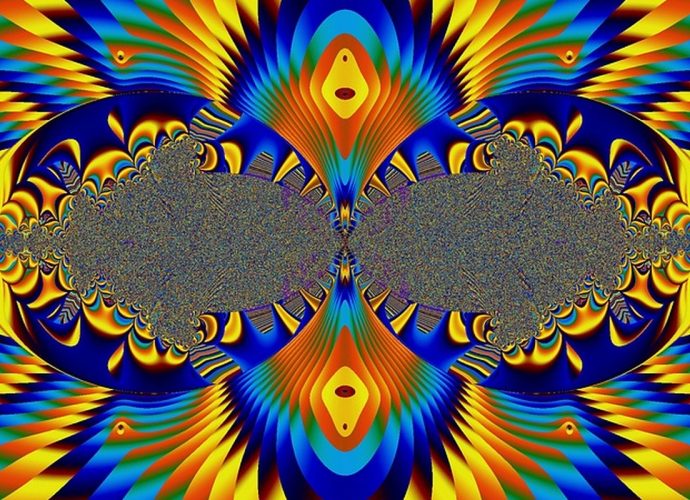What Are Mold Cell Walls Made Of?
Unlike bacteria, molds are made up of more than one cell. Vegetative cells sustain the organism by taking in food substances for energy and the production of new cell material. Reproductive cells pro- duce small “seed” cells called spores. Unlike bacterial spores, mold spores are the source of new moldRead More →







